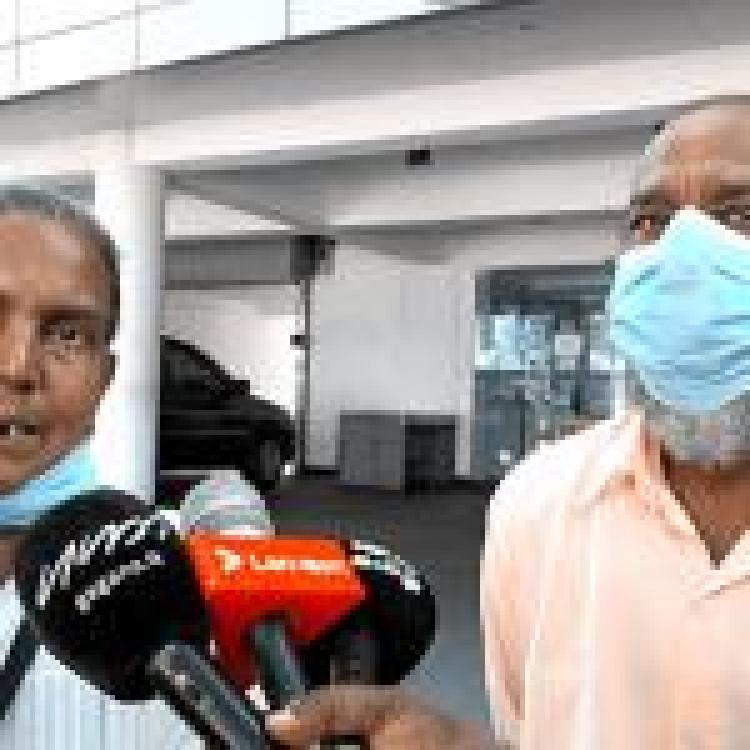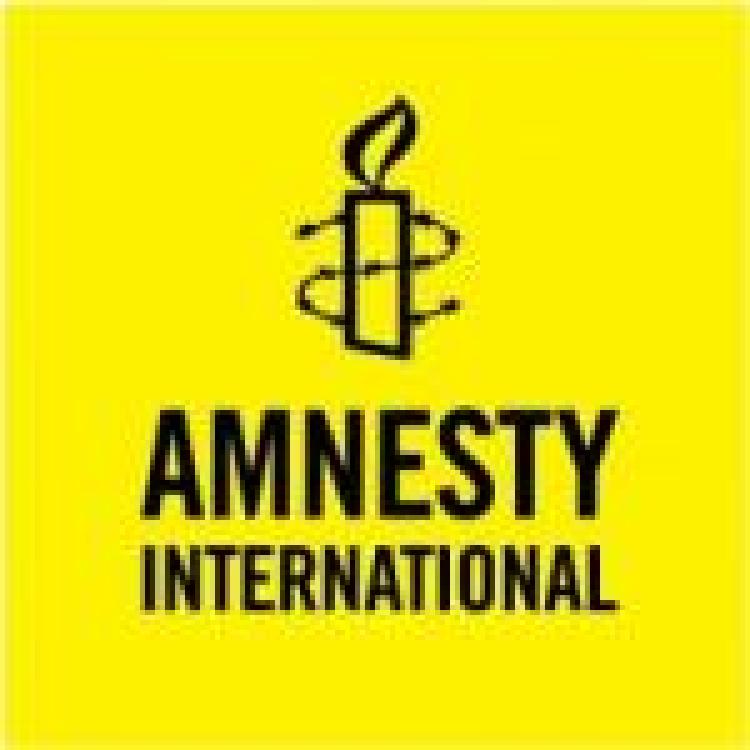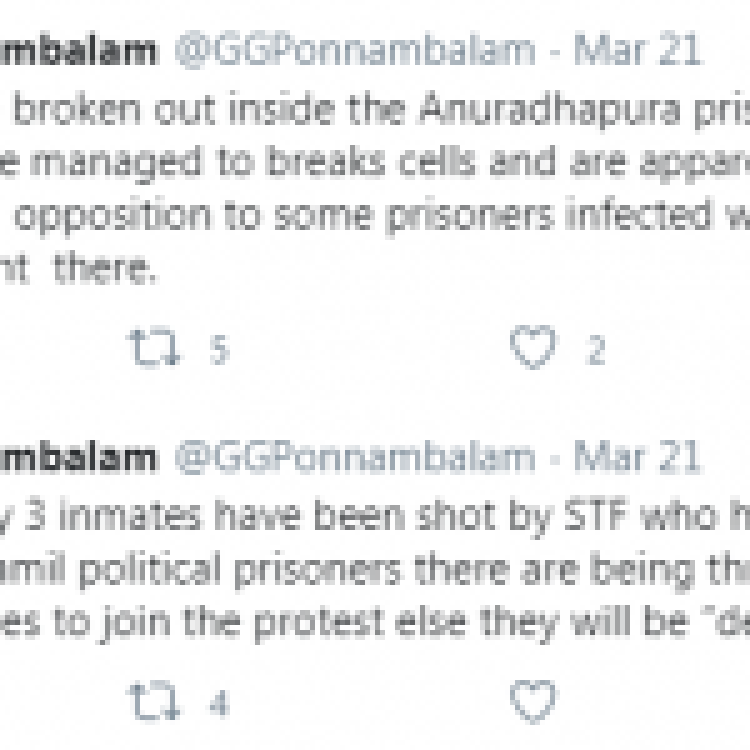A committee of seven members has been assigned by Sri Lankan president Gotabaya Rajapaksa to explore possibilities of granting pardons to convicts imprisoned for ‘minor offences’.
The committee is reported to be headed by the lawyer Kalinga Indatissa. Official estimates of prisoners in Sri Lanka is currently 26,000, a great deal higher than the maximum limit the prisons are intended to hold. The measure is purportedly to reduce overcrowding in prisons.
Earlier this year Gotabaya Rajapaksa granted pardon to Sergeant Sunil Rathnayake, a soldier that was convicted for torturing and murdering eight Tamils, including three children (also known as the Mirusuvil massare). With an original death sentence after 15 years of battle in court, it was one of the rare cases where an army official was held accountable for such crimes. Amnesty International has since called on President Gotabaya Rajapaksa to ‘immediately revoke’ the pardon and guarantee that Sunil Rathnayake is given a sentence that mirrors the magnitude of the massacre.
On the other hand, the Prevention of Terrorism Act (PTA), which allows warrantless entry, search of premises, and the arrest of individuals without providing them at court for up to 18 months, is extensively used to imprison individuals. Despite the demand for an alternative counterterrorism law by the United Nations and the European Union, the Rajapaksa government has confirmed its plan to keep the PTA in effect. Countless Tamil have been arrested by means of the PTA, dozens of whom have been kept for years without trial, or who have been sentenced based on dubious evidence.
Last year the regulation was used to detain a former LTTE cadre in relation to the killing of two police officers in Batticaloa. He was cleared of all charges after spending 6 months in detention.
January this year saw the death of Sellapillai Mahendran, a Tamil political prisoner who had been imprisoned for 26 years based on a confession produced after police torture when he was just 17 years old. Despite years of protests and campaigning for the release of Tamil political prisoners, Sri Lankan leaders have failed to address the issue.



